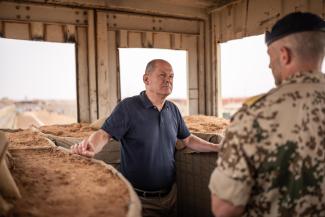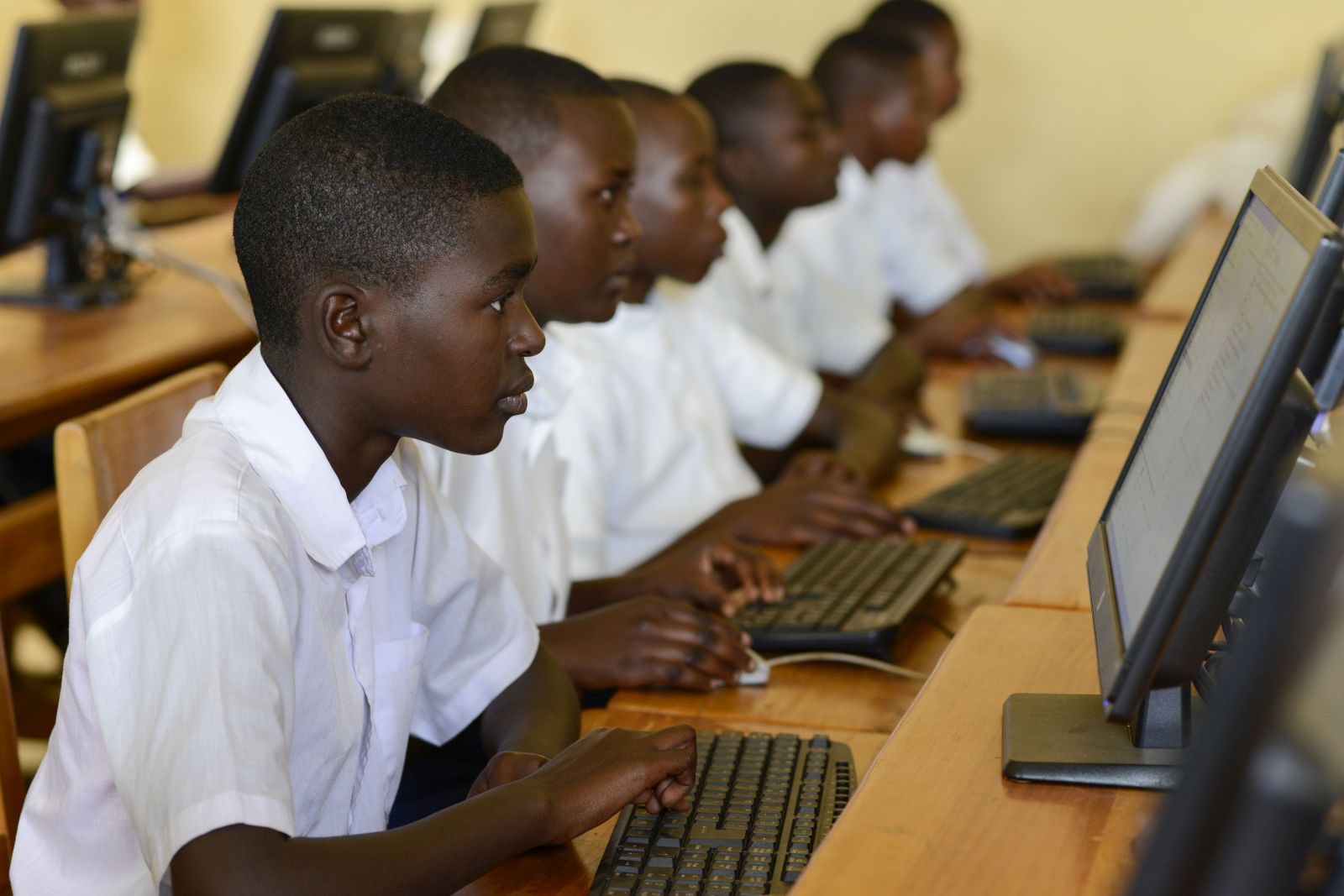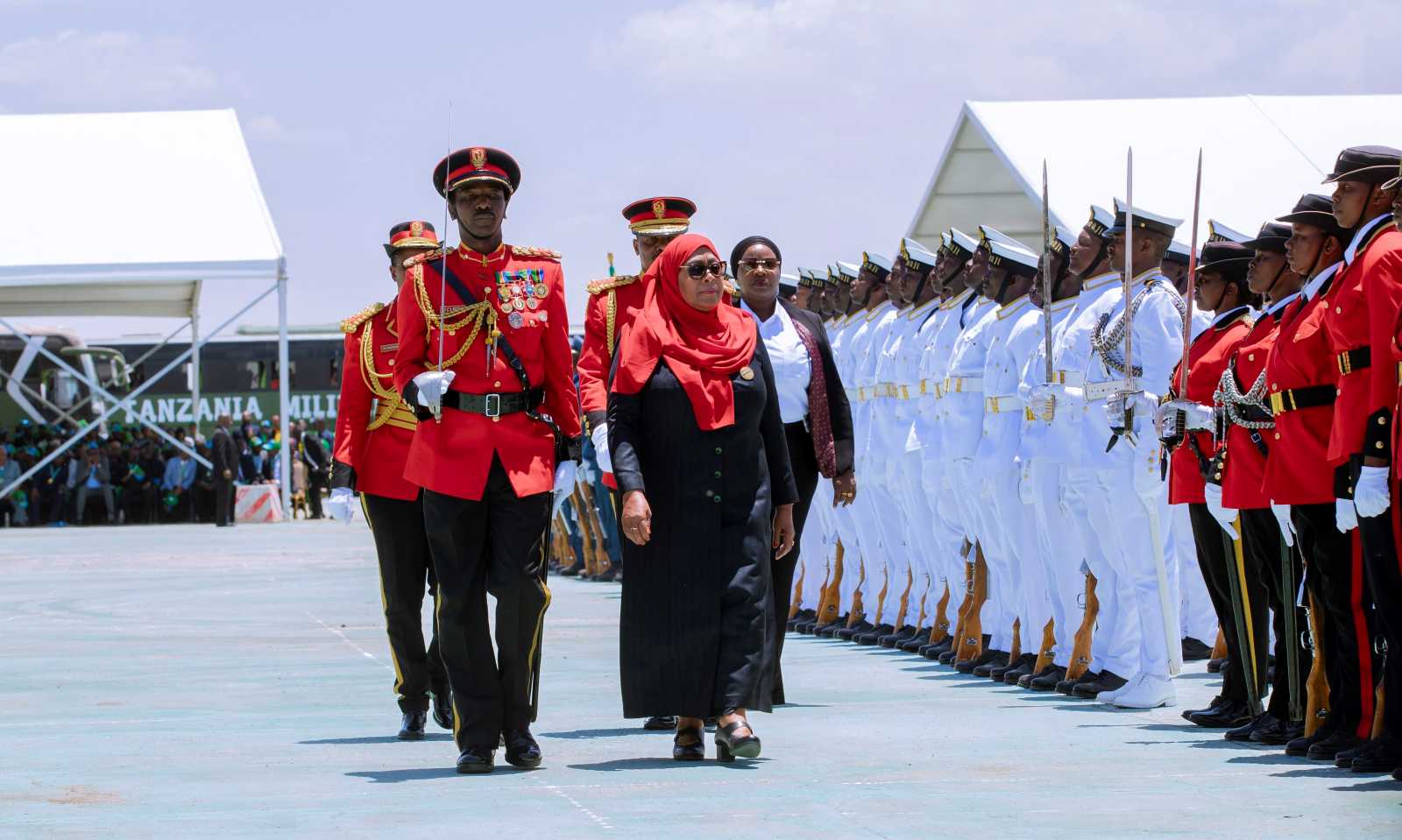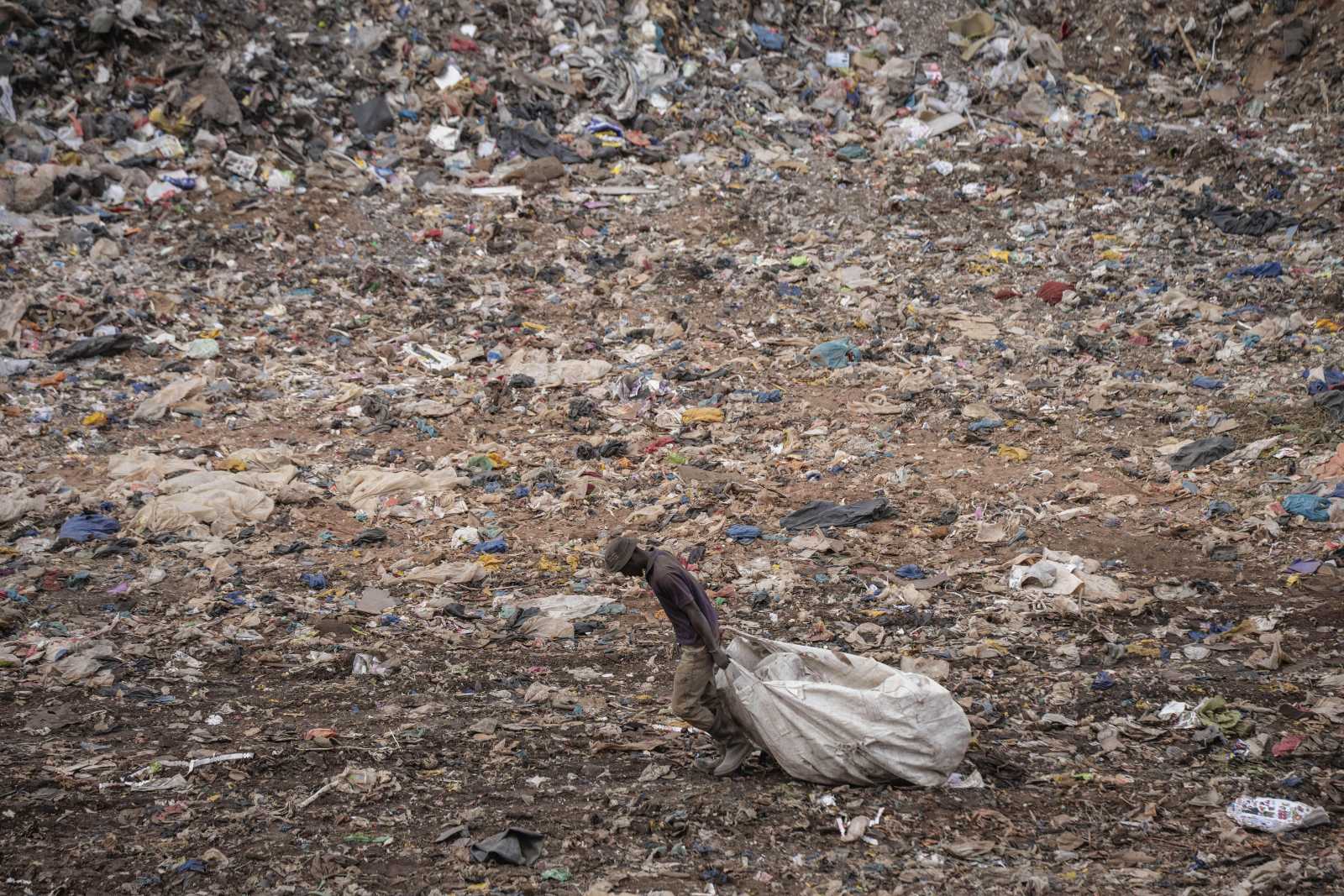Sahel region
Peace requires strategy

In 2017, Germany’s Federal Government adopted ambitious guidelines on “Preventing crisis, resolving conflicts, building peace”. The idea was that all efforts concerning crisis and conflict countries should take a whole-of-government approach. Four principles were explicitly endorsed: namely to
- respect, protect and safeguard human rights,
- act in a context-specific, inclusive and long-term perspective,
- identify risks, make coherent efforts and fulfil demands of diligence, and
- prioritise prevention and politics.
A recent study has assessed to what extent these principles have shaped Germany’s engagement in Mali and Niger. It also looked into how German policies are being perceived by local-civil society actors. The study was commissioned by the Advisory Board to the Federal Government for Civilian Crisis Prevention and Peacebuilding. The Board has 20 members who are professionals in international cooperation, social sciences, foundations and civil society.
The study clearly shows that the Federal Government is only insufficiently pursuing the goals defined in its own guidelines. There are several tools and mechanisms for coordinating different ministries. It is a problem, however, that they do not cover all ministries running efforts in Mali and Niger. Also, the ministries concerned neither share a vision of how lasting peace can be achieved nor an understanding of what Germany’s role should be in making it happen.
French policies have failed
Contrary to the guidelines, the Federal Government so far has failed to draft an overarching country-specific policy for either Mali or Niger. It has thus not defined what Germany’s contribution to establishing peace should be. This strategic gap is striking, especially given Germany's massively expanded engagement in both countries since 2012. It now includes, among other things, the largest military deployment abroad, training programmes for the police, humanitarian relief as well as development cooperation. Lacking a strategy of its own, Germany largely depends on France – but French policies have failed in both political and military terms in the entire Sahel region (see Lori-Anne Théroux-Bénoni on www.dandc.eu).
Moreover, Germany’s Federal Government would do well to pay more attention to its guidelines when it comes to the implementation of measures. For example, there is no systematic strategy for conflict prevention in Mali and Niger. Contrary to the guidelines, moreover, there is no focus on human rights. Local civil society complains about this, as impunity and the lack of a legitimate judiciary are considered a key cause of violent conflicts. Germany's long-term commitment to development, however, is expressly praised.
On this basis, we advise the ministries concerned to draft joint and coherent strategies for crisis and conflict countries. These strategies should spell out how lasting peace can be promoted in the respective country contexts. Moreover, we propose investing more in conflict prevention and giving German embassies a stronger role in strategic matters.
In Mali, the German government should lend more support to national and local structures for conflict resolution. For Niger, we recommend the German government to promote an institutionalised dialogue with civil society. This is indispensable, especially against the background of the currently discussed expansion of German (security) engagement in Niger. Otherwise, German efforts may become disconnected from society as they did in Mali.
Link
Policy Coherence for Peace in German Government’s action – Lessons from Mali and Niger
(Full study available in German, English and French versions will be published soon)
Antonia Witt heads the research group "African Intervention Politics" at the Peace Research Institute Frankfurt (PRIF) and co-author of the study mentioned in the manuscript.
witt@HSFK.de
Simone Schnabel is the second co-author and a doctoral researcher at PRIF. Baba Dakono and Abdoul Karim Saidou have contributed to the study as well.
schnabel@HSFK.de












